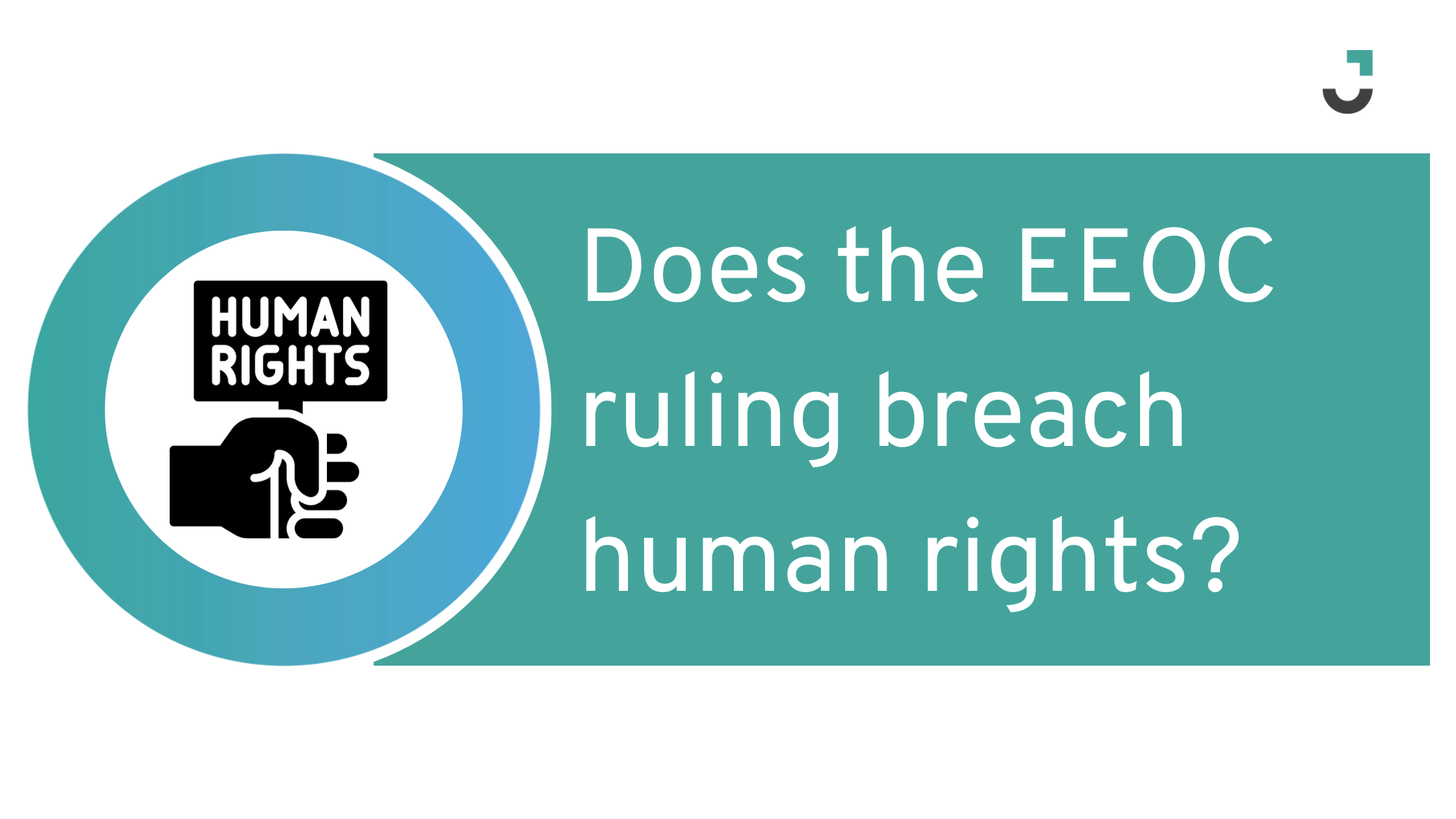Depending on who you are and how you feel about the level of authority your employer has the right to wield over you, especially when it comes to your health, it could be argued that the recent guidelines infringe on human rights.
Let’s discuss a few of the crucial points that now impact all of us. I will share what I believe is right or wrong, but it’s, of course, up to you to determine your own opinion. Regardless, these guidelines are in place, and despite anyone’s feelings about them, for now, they’re here to stay.
1. An employer can check your temperature
This guideline is flawed since those with COVID-19 may not have a fever. While it’s essential that companies keep everyone safe in their workspace, at the same time, there needs to be a protocol for testing temperatures. Random spot checks in the middle of an office would certainly breach a person’s right to privacy, not to mention their right to be treated with dignity. The temperature checks should also have a limited number per day (ideally only once). It could be as simple as when everyone walks into the office or if someone expresses feeling unwell. Despite the flaw, I personally believe that checking temperatures is a necessary measure to keep all employees as safe and as well as possible.
2. Employees can be tested for COVID-19 after calling in sick
In most cases, if an employee demonstrates any COVID-19 symptoms, their employer will be able to insist on a COVID-19 test and a negative result before allowing that employee back to the workplace. Again, a sanity check is needed here to make sure that employers are not abusing this power and requiring workers to get a COVID-19 test every single time someone calls off simply because they need a day off to avoid burnout, they have a headache, or need to deal with a personal issue.
COVID-19 tests can be expensive, and in many cases, the results are not rapid enough that someone can return to work the next day (unless the employee is willing to pay for a rapid test, which is very expensive). All that being said, I don’t think any human rights are breached by asking employees to prove that they are healthy and do not have COVID-19 in order to return to the workplace. But again, as I have expressed, there have to be protocols in place so that employers don’t overdo it and insist on a test every time an employee is away from the office since people get sick with many other illnesses besides COVID-19. One potential positive of this is that all the hassle and cost associated with COVID-19 testing may make workers who are just looking to take a rogue day off by pretending to be unwell think twice.
3. Employers are able to test employees for COVID-19 at work
This is straightforward in the sense that if your employer believes you could potentially be sick with COVID-19 and have come into the workplace, they have the right to test you. I’m on the fence regarding whether this infringes upon basic human rights—do I think an employer should have the right to test you themselves? Potentially, depending on the work environment. However, in many cases, I believe the correct protocol is to allow the employee to seek out professional testing on their own that they are comfortable with (this also respects personal boundaries).
I believe that the employee should be sent home and made to produce a test result from a provider of their choice within a reasonable amount of time (24-48 hours). The same desired result will be achieved, but the employee is protected from being put on the spot and having somewhat invasive testing conducted by potentially another colleague (that they have to work with daily).
4. Employers can require workers to be vaccinated
This is the most controversial of all the rights that employers now have—the right to insist that their workers are vaccinated (barring some exceptions for medical and religious reasons). With one out of four Americans predicted to refuse the vaccine, this poses many issues for those who are not comfortable getting it. For clarity and transparency, I write this as a vaccinated person who happens to empathize with people who are hesitant to get vaccinated. Many marginalized communities have had negative experiences with medical professionals, and it is completely understandable that they would be skeptical. Also, with the vast amount of misinformation widely circulating about the vaccine, it’s not surprising that people are scared.
This ruling means that people who choose to wait or opt-out of the vaccine, often for very understandable reasons, are now at a disadvantage in the employment market and may struggle to find work or even be effectively unemployable in some areas. For me, this is most certainly a breach of human rights—here’s why: if you refuse to be vaccinated, then you accept the risk of catching COVID-19, and it’s your right to take that risk. Most people who are vaccinated have, as far as the evidence thus far has shown, little to nothing to worry about when working with a person who is unvaccinated since they have the protection of the vaccine. This gets a little more complicated as there is some uncertainty about whether those immunocompromised or on immunosuppressive medications develop sufficient protection from the vaccine.
So what is the actual liability or concern for an employer? I believe that a disclaimer stating that anyone, whether they are a worker, customer, or client, who enters the workspace without vaccination accepts that they may have an increased chance of contracting the virus is, in itself, a fair enough warning. And it would mean that the 25% of Americans, who do not want to be vaccinated, wouldn’t have to be, nor would they be penalized in the workplace.
Summary
At this point, all of the above guidelines have been passed—some are far more reasonable and fair than others. I agree with having temperature tests and requiring test results for people to enter a workplace, this is more than fair, and I don’t see any infringement on a person’s basic human rights.
However, I am someone who believes that everyone has the right to work, to be able to support themselves and feed their families. I also believe that medical decisions should ultimately be left up to the individual (forcing any medical treatment on someone doesn’t sit right with me, especially as a necessary part of achieving gainful employment). Again, I say this as someone who is very enthusiastically vaccinated. If you don’t want the vaccine, then accept the risks. If you do get the vaccine, then you should have nothing to worry about. That’s my view. Regardless, the rules are here to stay, and it’s now up to business owners to decide what makes sense for their employees and customers. So let’s see what happens in the coming months. I simply hope we can overcome all of the hurdles that our economy is still facing at that time.
Original Article Found Here
Original Author: Arran Stewart, Chief Visionary Officer and Co-founder of Job.com
Job.com is a digital recruitment innovator with a unique perspective: Delivering technology and capabilities that shake up the market by bringing together a data-driven approach based in AI and machine learning with high-level, human-capital-delivered solutions, designed to efficiently attract and retain the right talent and provide consumer-level user experiences throughout the hiring process.


